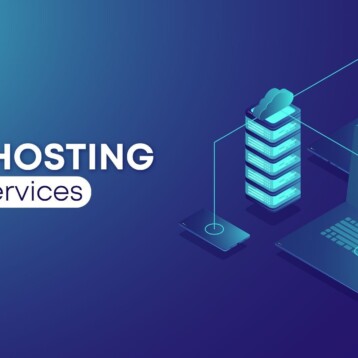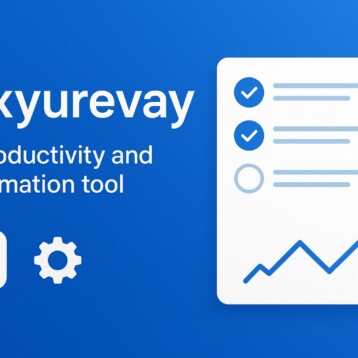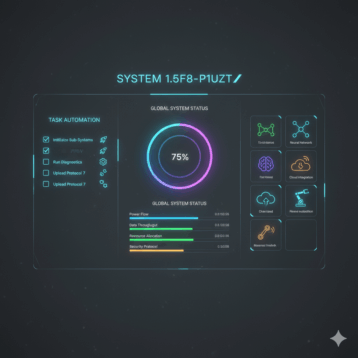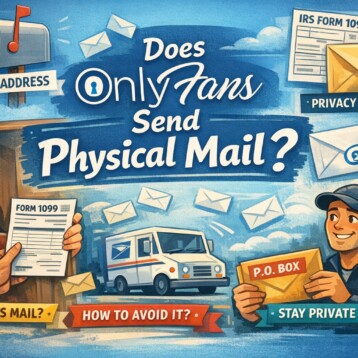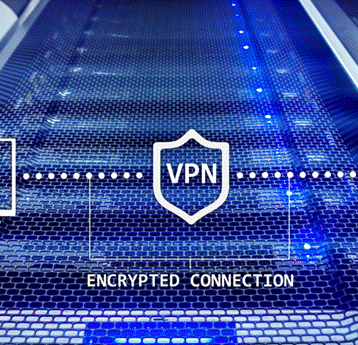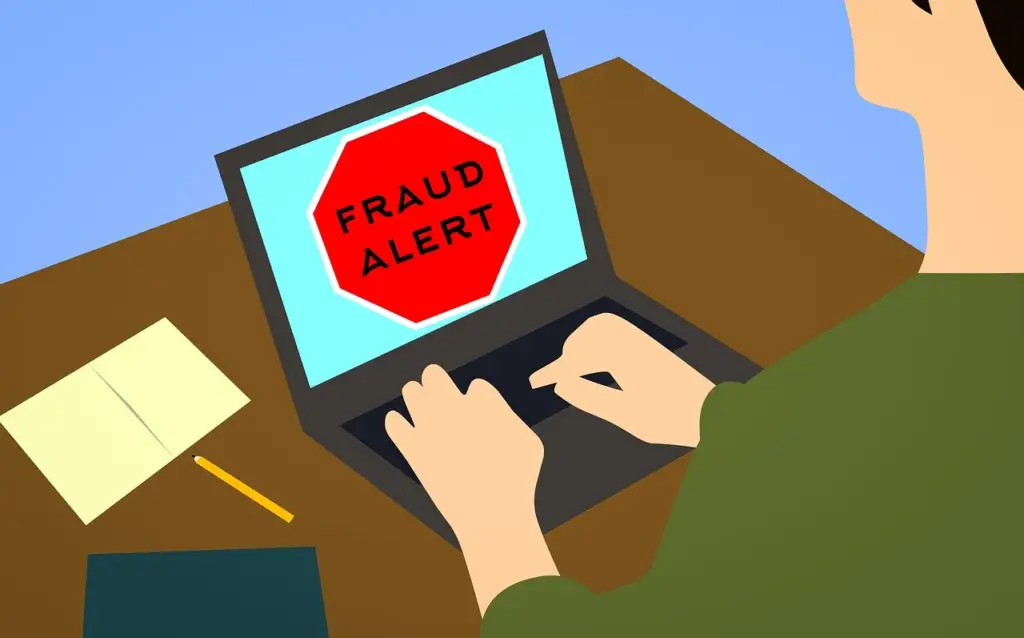
Identity theft online is a growing problem, and recent research shows that 1 in 20 people are were victims of online security frauds. Identity theft involves stealing your Social Security number, personal information, financial information, and the losses are already beyond 16 billion.
Online identity theft is a serious problem that is growing at an alarming rate. Even though the technologies are advancing, the scammers too are getting smarter and assign innovative ways to steal information related to bank and investment accounts for financial gain. It is a growing problem and a new reality that we live in.
The solution lies in being aware and taking proactive steps to curb those risks and prevent any malicious actors from accessing your personal information and committing identity thefts.
Here are some tips to safeguard yourself against identity theft online.
- Safeguard your information- Whether it is your financial information or Social Security number, it is of utmost importance to safeguard your personal data and keep it safe from unauthorized access.
- Use stronger passwords and change them often – It is a must to create complex and unique passwords, and if you cannot make one, use a password manager. One can reduce the risk further by adding an authenticator app.
- Get a multilayer protection- Take advantage of new technologies and use multilayer protection for your personal information and identity. Use credit monitoring software and top-rated digital security products for complete safety against identity theft online. These services offer instant alerts regarding any suspicious activity, along with great customer support. You can learn a bit more about panda security and how it works.
- Protect your mobile devices- According to a report, most of us do not lock our mobile devices, and it means that they can be a real risk to our identity theft. So, always keep your phones locked, and it is better to use a banking app instead of a mobile browser for banking for greater safety.
- Be alert and don’t get fooled- You should be aware of how scammers work and what kind of strategies they follow to get to your personal and financial information. Any emails or phone calls that may seem legitimate might be an attempt to steal your information. So, stay alert and do not get fooled and never reply to suspicious emails, and do not respond to a fishy phone call or email.
- Monitor statements and credit reports regularly – Keep an eye on all of those financial and medical statements and read them carefully. Every transaction made should be correct and ask for free credit reports and watch out for any signs of fraud. Use alerts to learn about any transactions made on your accounts.
- Use a digital wallet- Digital wallet is a secure version of credit and debit cards online, and the digital version is indeed a much more secure and safe method of encrypted online transactions. Thus, you can enjoy peace of mind when handling online financial transactions.
- Be careful when using public Wi-Fi- One of the easiest ways for malicious minds to enter your security system is via public Wi-Fi. While it is a lot more convenient to use public Wi-Fi when traveling, for example, at a coffee shop or at the airport, one should be wary of the hackers who are just waiting for the chance to steal your personal data.
Now that you are aware of the risks of online identity thefts and how to minimize those risks go ahead and make your personal and financial information a lot safer. With the right efforts and awareness and a reliable theft monitoring service, you can certainly lower the risk of online identity theft.
What should I do if I think I may be a victim of identity theft?
You should place an initial fraud alert on your file as soon as you suspect you might be a victim of identity theft. You may request a fraud alert from each of the credit reporting companies over the internet or by mail.

